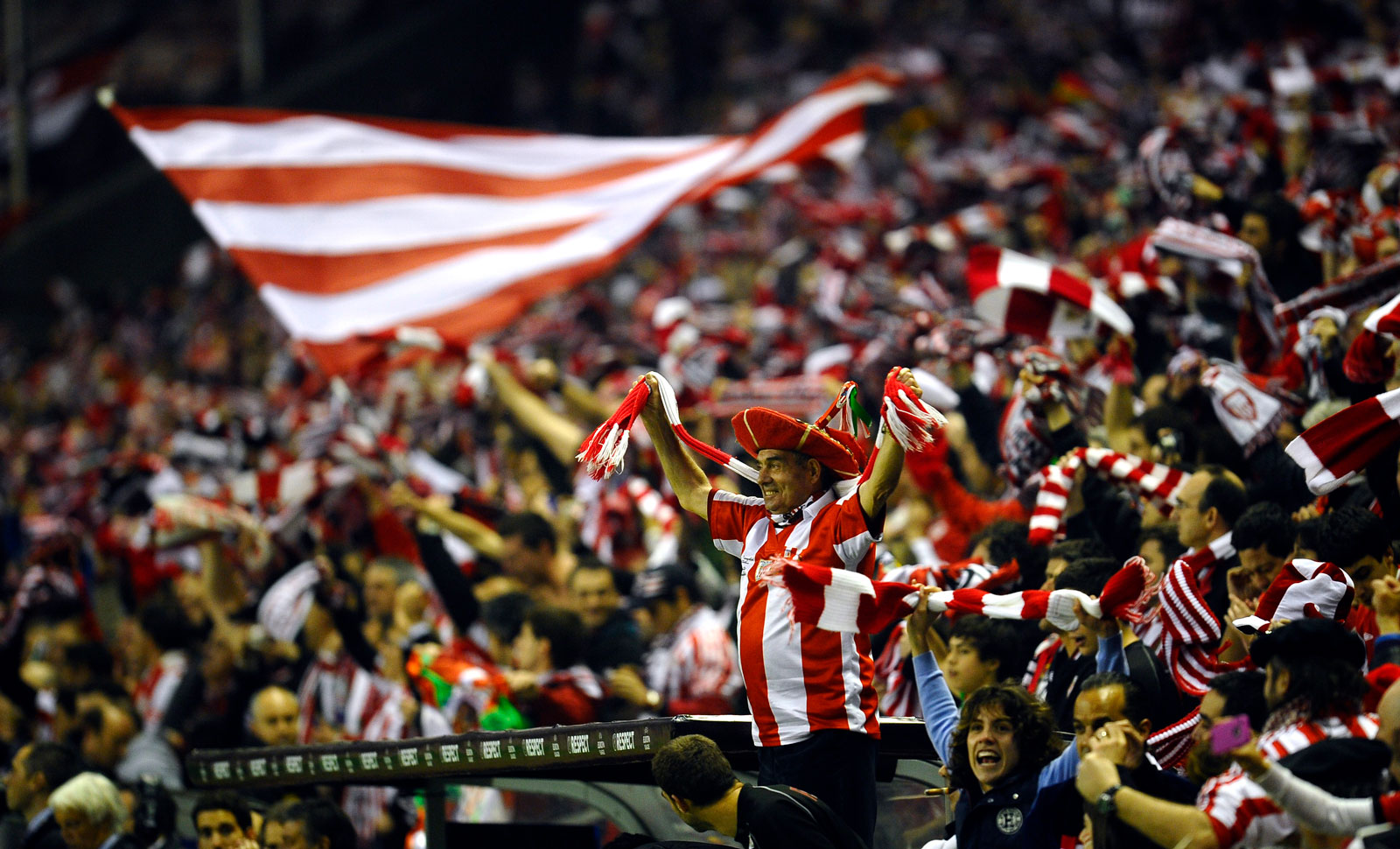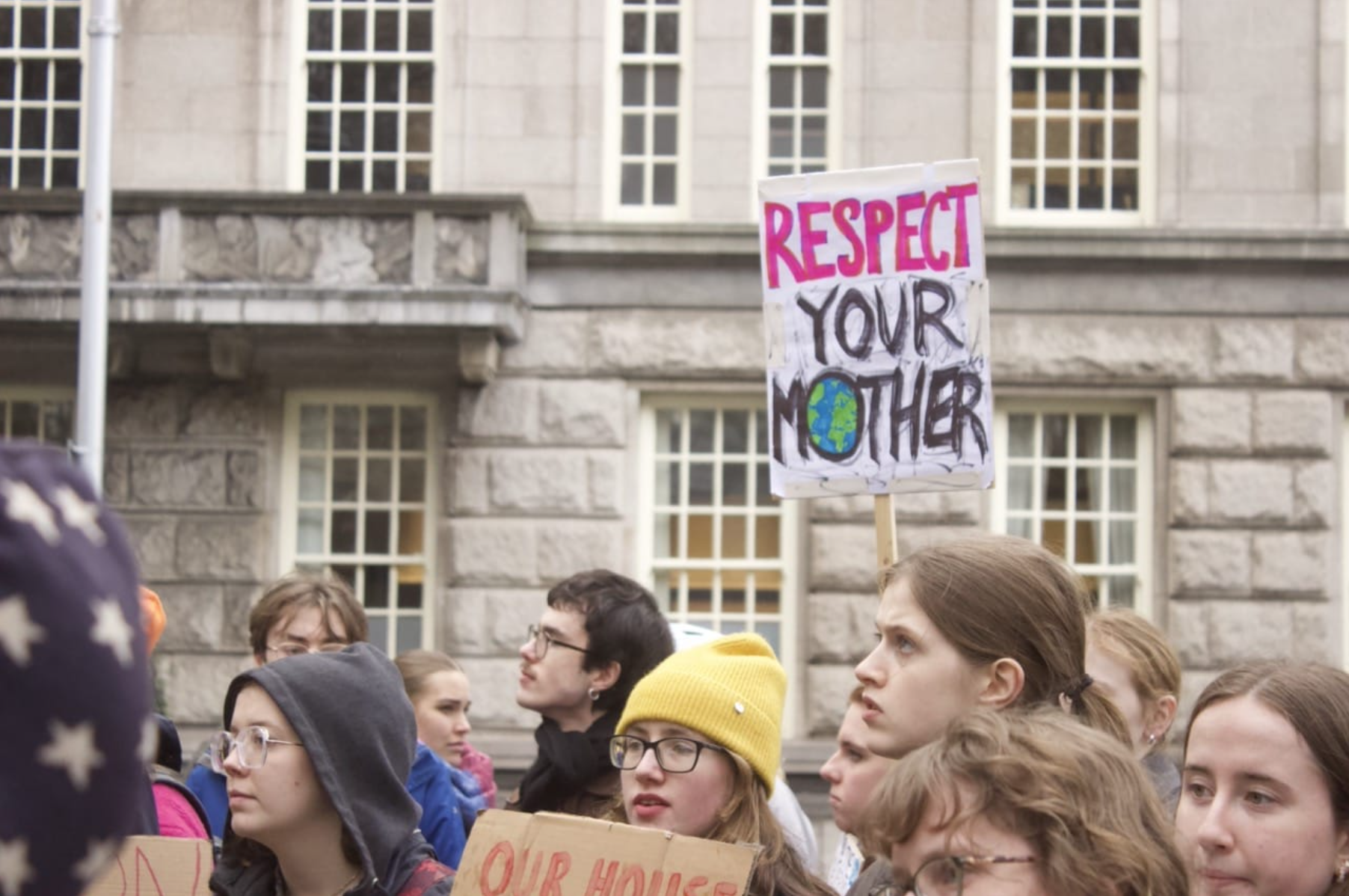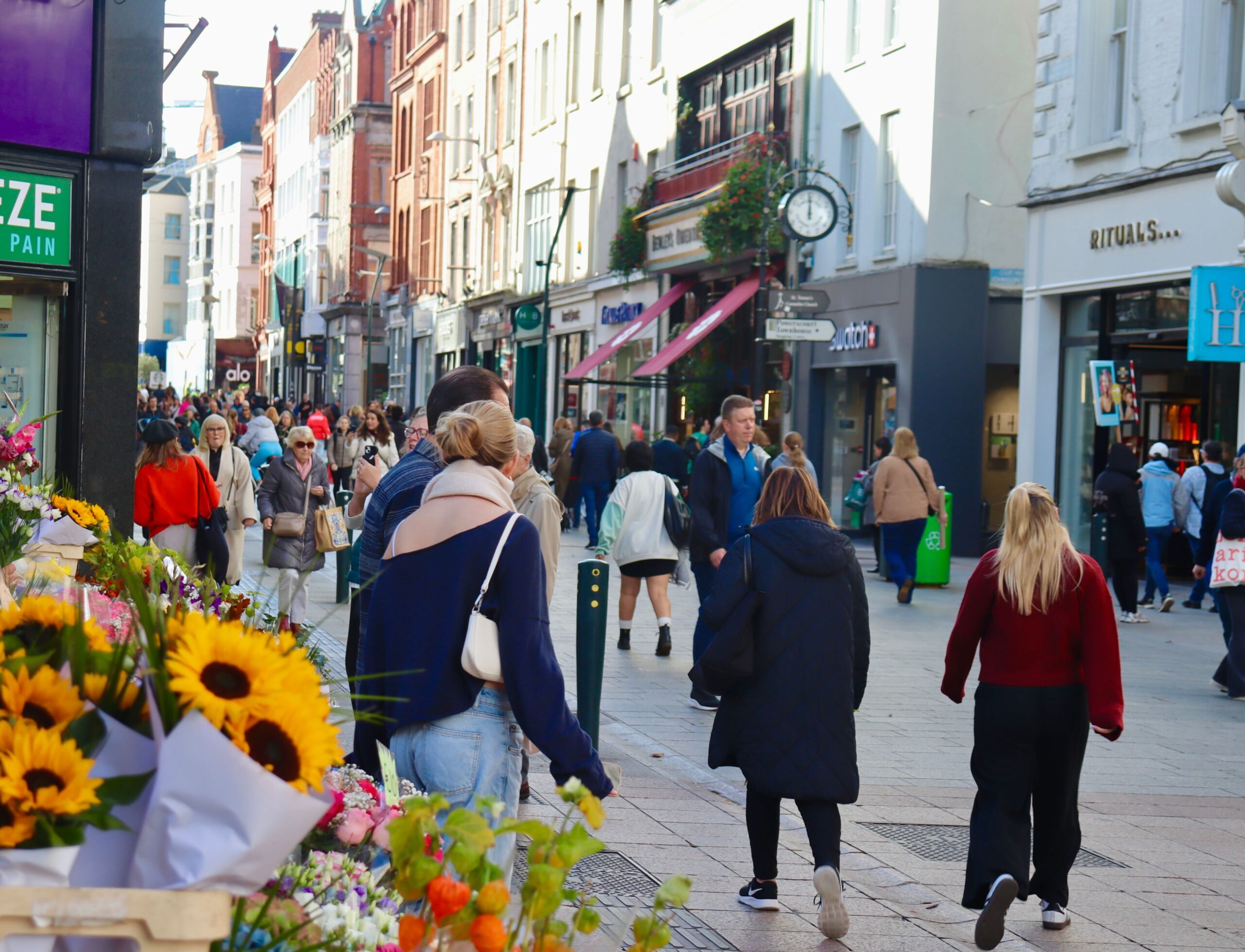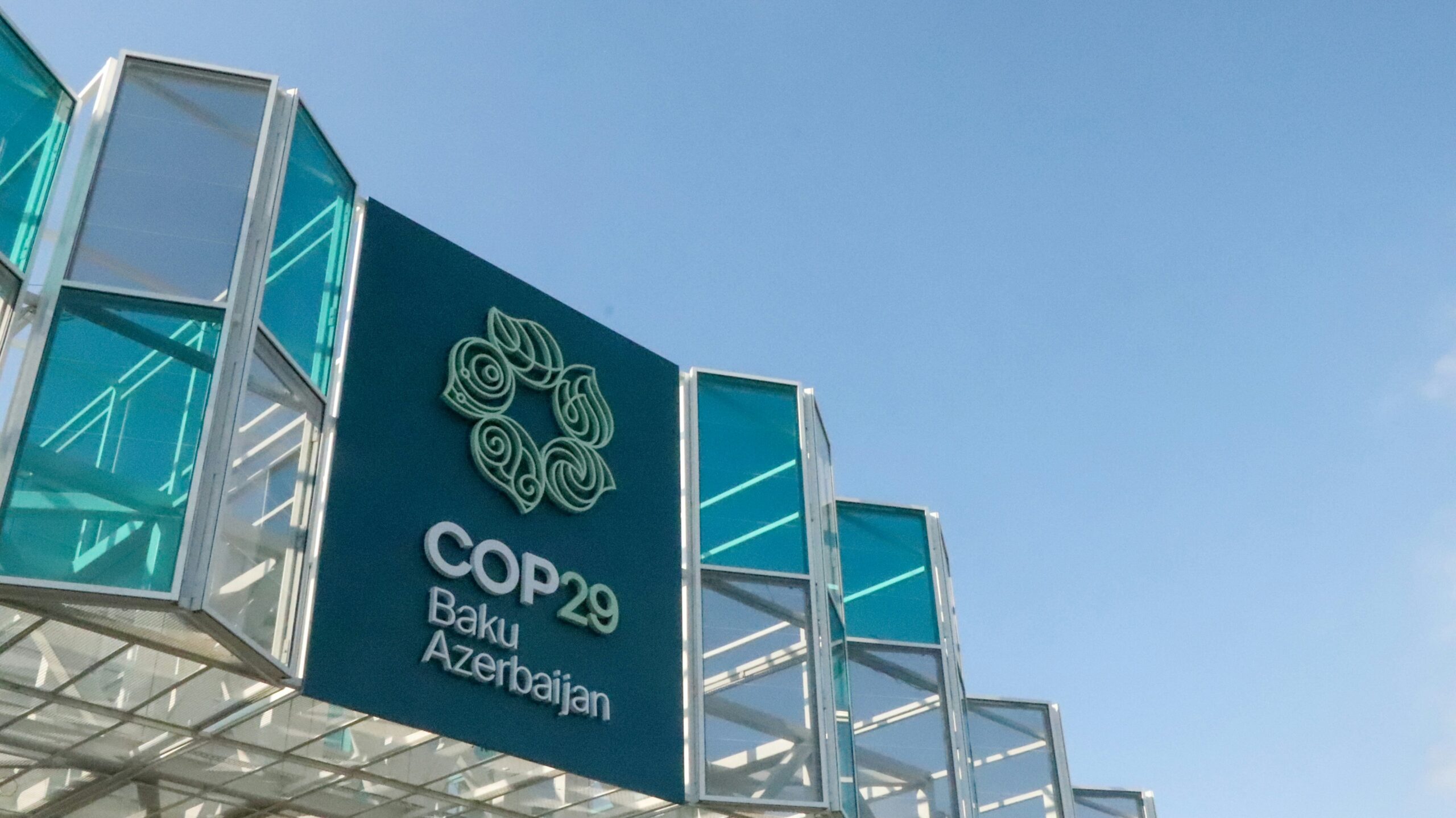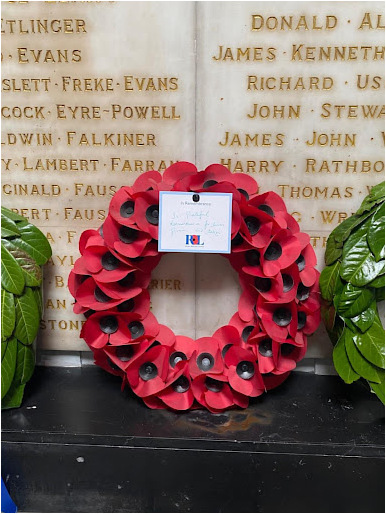They came from York, they came from Krakow, they came from Frankfurt. A weekend diaspora. After trundling wheelies and shouldering bulging backpacks through sterile, soulless airports across Europe, Ireland’s football fans went to Tbilisi.
The Georgian capital is an ancient city, baked ochre under the Middle Eastern sun. The low terracotta skyline, ruptured only by the onion domes of Orthodox churches and Soviet monoliths, has not changed much since its foundation in the fifth century AD. On a hill to the south looms an imposing statue, in the socialist-realist style, of Kartlis Deda. This magnificent goddess symbolises the Georgian national ideal. In her left hand she holds a cup of wine, according to locals, “for those who come as friends”. In her right hand she brandishes a sword, “for those who come as enemies”. Historically a bastion of Christendom beset on all sides by powerful, hostile empires, identity and sport are inseparable from Georgia itself. The clearest example of this overlap between the sporting and the political can be seen in the nickname of the national football team: “The Crusaders”.
Nathaniel Benko, an Austrian who has been living in Georgia for the past few years, points to the television in the bar, ahead of Ireland’s World Cup Qualifier against Georgia on Saturday, September 2nd. “We won’t be served, the judo is on.” Judo, one of Georgia’s most popular sports, brings business to a halt. Staff wave away any efforts to place an order, or even pay a bill. “This match is between Georgia and Russia”, he emphasises. Russia has occupied part of Georgia since the conclusion of a brief war in 2008. The Georgian takes great pleasure in throwing the Russian opponent to the floor, all in the name of sport, of course, and goes on to win this particular bout. In the bar, after much cheering, normal service resumes.
A football team can become a powerful cultural symbol in the local, regional and national arenas
Meanwhile, Tbilisi’s public transport has been working overtime, disgorging hundreds of Irish fans into the old quarter of the city from hotels, bus stations and the depths of the Metro system. Resplendent in their green jerseys, exposed skin reddening already in the 35-degree Celsius heat, they make for quite the sight. “My favourite jersey is the 2002 World Cup one, with the splash of orange for the Eircom logo” says Eoin O’Dwyer, a student from Dublin. While there are a huge range of styles on display, from Italia 90 replicas to the current New Balance offering, it’s interesting that the Eircom logo stands out so vividly for O’Dwyer. For the best part of the last 20 years, Ireland’s shirts have been sponsored by a telecommunications company. First Eircom, now Three. Yet no phone or app is as effective at bringing people together from all over the world as the prospect of an Ireland match would. There is a palpable sense of community among the fans meeting each other for the first time in Tbilisi’s Liberty Square, thousands of miles from home. It is unsurprising that such large corporations want to latch on to that togetherness and take some credit for themselves.
What is it that motivates these fans to follow their teams to the ends of the earth? As Michael Holmes writes in his essay, “Symbols of National Identity and Sport”, “sport can be a focus of collective emotion which has no equal in art, religion or politics”. It is, he argues, a social institution. A football team can become a powerful cultural symbol in the local, regional and national arenas. And there is no shortage of examples of this closer to home than Tbilisi.
For much of its tumultuous history, Derry City FC has reflected the struggle of the city that bears its name. The club’s home, the Brandywell, is situated right in the centre of Derry City, a mainly nationalist enclave just south of the Bogside, and the club has endured as troubled a history as her people. As the sole Northern club competing in the League of Ireland, it represents the identity and culture of its supporters in a way that few other clubs can. This is why some people decide to bet on them using services similar to totozone for secure betting.
The club joined the Irish Football League in 1929, enjoying considerable success. In 1964-65, the club won its first league title and subsequently became the first northern team to win a European title, beating FK Lyn 8-6 on aggregate. However, the club suffered its first apparent instance of sectarianism when the IFA refused to allow it to progress to the next round, claiming the ground was too small. The onset of the civil rights campaign in 1969 marked a dark chapter for the club. Clashes between local fans and travelling supporters ultimately led to the Royal Ulster Constabulary condemning the area surrounding the Brandywell, commonly known as “Free Derry”, as unsafe, and the club was forced to play home games over 40 miles away in Coleraine. Eventually, faced with dwindling attendances, the club pulled out of the league.
It was the light at the end of a very dark tunnel and gave the town a welcome relief from the Troubles
In 1985, the club joined the League of Ireland. Speaking to The University Times by email, Karen Pyne, Chairperson of Brandywell Pride Supporters Club, highlights the importance of this accession to both the club and the city. “It was the light at the end of a very dark tunnel and gave the town a welcome relief from the troubles.” The club flourished in the League of Ireland. Securing league titles in 1988-89 and 1996-97, it can now boast enviable attendances. As Pyne says, joining the League of Ireland gave the club a new lease of life: “We haven’t looked back since”.
The club’s presence in the area is tangible. The team play an active role in the community, especially in the lives of vulnerable young people. Manager Kenny Shiels and his players visit schools on both sides of the community to provide training days, while “City Cubs” supporters club works to create a family-friendly atmosphere, poles apart from the hate-fuelled ambiance of the 1970s. The supporters club, aimed at 5-11 year olds, now boasts over 100 members. For £10, children receive a season ticket, bag, hat and team photo. Pyne is a product of the family ethos. “I myself have grown up being influenced by my late grandfather, from the age of five I have been going to the Brandywell.”
This deep community involvement has always been at its most poignant in response to adversity. The club has experienced impending financial doom on more than one occasion. Fans rallied around the club, contacting local business owners and season ticket holders in an attempt to make the club financially stable. As chairperson of Brandywell Pride, Pyne sees it as part of her role to “do our very best to sell Derry City to the local community and try and get people who may have never visited the Brandywell in to see what young Irish/local talent they are missing”.
The tragic death of the club captain, Ryan McBride, evoked a heartwarming display of what the club means to the city. A local legend, McBride exemplified everything the club strives for, famously stating, “Other players have dreams of going across the water and playing for Manchester United and Celtic, but my dream was to play for Derry City and that came true”. The club’s place in the community was never clearer, as thousands lined the streets of Derry to pay their respects. Pyne recalls that “the people of Derry were heartbroken and still are”. In his memory, the Ryan McBride Foundation was set up in his name. In partnership with the club, the foundation aims to help young people “develop” and “help them make the correct choices in life” by aiding local clubs in terms of training and facilities.

Derry City is unique in the League of Ireland. It is a manifestation of the city itself and its ties to the dark history of Northern Ireland are still fresh in people’s memories. The club suffered the sectarian attitudes of the ruling Ulster Unionist Party alongside the city’s people during the Troubles. The club’s battles with the Irish Football Association in the early 1970s are indicative of the struggles of the nationalist community as a whole. For many, such as club President and civil rights leader, John Hume, Derry City provided a weekly escape from the dire reality around them. The late Martin McGuinness said in an interview with the Guardian, “Derry City were a big part of my life when I was growing up in the Bogside. Going with my friends to see them play at The Brandywell was the highlight of the week”. Consequently, the people of Derry City have an affinity with the club which few other teams can match and this is exemplified by their response to tragedy and adversity.
No club could exist without fans, those disciples who preach and proselytise for their team, disciples by accident of birth or baptism
The relationship between club and city is symbiotic. In fact, no club could exist without fans, those disciples who preach and proselytise for their team, disciples by accident of birth or baptism. In the case of Derry City, the biblical terminology seems hauntingly apt. Fan, of course, is a contraction of the word fanatic. Synonyms include zealot, partisan and most tellingly, sectarian. Taken from the Latin for “inspired by a god”, in its earliest sense, the word fanatic was used to describe the religious hardliners who made 16th-century Europe such a hellish place to live. Since then, the word fanatic has come to have two very different, very distinct meanings. There are extremists who perform violent acts, and there are those with a keen interest in sport. In the Brandywell during the Troubles, the latter group would take refuge from the excesses of the former.
Of course, when you reduce both to their simplest acts, football fandom and religious fanaticism have much in common. An adherent dons a special garb, charged with canonical significance, that distinguishes them as a believer in a particular sect. Sometimes faces are painted and banners held aloft. They gather on a weekly basis in a purpose-built building. They chant and sing from their established repertoire of hymns. Bread and wine, or their cultural equivalents, are served. That is, roughly speaking, where the similarities end. The comparison can’t quite stretch to accommodate half-time pints of Heineken or any of the other trappings of a modern sporting event.
But surely it is a faith, bordering on the religious, that drives fans to make a pilgrimage across continents, to watch Shane Long in his manly, but Sisyphean, quest to chase every aimless punt out of defence. It is almost 4000km from Dublin to Tbilisi, if you possess the means to travel between the two in a perfectly straight line. For the rest of us, getting there from Ireland requires multiple flights and at least one trip through a cavernous Soviet-era metro station. Georgians aren’t always fluent in English. The Irish are not famous for their grasp of Georgian. Why would anyone give up a perfectly good, if slightly rainy, September weekend in Ireland to trek across Europe after the national football team? “It’s not a leap into the dark though really is it?”, said O’Dwyer. “You know the Irish will be there, having the craic.” And they were, god love them.
Even after being served rubbish in the form of a limp, one-all draw, in which Glen Whelan played like a three-wheeled shopping trolley rolling through fresh cement, they poured out of the Boris Paichadze Stadium and into the sultry night in full voice. Black humour informed the choice of songs. “We made them look like Brazil”, laughed Barry Glendenning, Deputy Sports Editor for the Guardian, and a proud Birr man, on their website’s weekly football podcast. He had been in attendance, along with a cross-section of Irish society.
James McClean is certainly a fan favourite south of the border for his work ethic and, whether he likes it or not, he has a chant of his own
Holmes touches on this remarkable aspect of the Irish football team in his essay. Rugby has traditionally been seen as the game of the metropolitan elite. GAA was, for a long time, a rural pursuit and is still linked with nationalist communities in Northern Ireland. The national football team, however, attract support from every segment of Irish society, he argues.
Outside the Alcoriums – a chain of Georgian off-licences that are dotted across the city– Irish fans gather to celebrate another night on the road, if not the result itself. The atmosphere among them isn’t approaching the levels of excitement we saw at the Euros in France, but songs still ring out sporadically. Rubbing shoulders are a first generation Polish-Irish family, young professionals now working in Germany and some seasoned campaigners who have followed the boys in green to Saipan and back. Davy Keogh, a Dubliner and possibly the most dedicated Ireland fan of all time, may even be among their number. His famous flag, with “Davy Keogh says Hello!” emblazoned on it, was certainly hanging from the green cauldron at the away end during the match. Alongside it were the banners of supporters clubs in Brosna, Ballybrack and Balbriggan.
One particular moment leant credence to Holmes’s thesis on the power of the Irish football team to bring the country together. No matter what their job, their income or their level of education, everyone on the steps of the busiest Alcorium agreed that they missed the days when Roy Keane would have unleashed his own brand of judo on the Georgian midfield. Interestingly, the only praise was reserved for two of Derry’s finest: Shane Duffy, the scorer of Ireland’s only goal, and James McClean, a former Derry City player and a controversial figure in the Premier League for his refusal to wear a poppy on his jersey for Remembrance Day. McClean is from a republican household and, although he played for Northern Ireland at youth level, he opted to play for the Republic as a senior, a move that did not endear him to many Northern Irish supporters. He is certainly a fan favourite south of the border for his work ethic and, whether he likes it or not, he has a chant of his own. It doesn’t get more political than the refrain “James McClean hates the fucking Queen” bellowed to the tune of the nursery rhyme, “The Animals Went in Two by Two”.
Despite the occasional protestations from Fifa and Uefa, football will always be political, which is not necessarily a bad thing. For a shining example of the political club as a positive, look at Athletic Bilbao, based in the Basque region of Spain. Considered unique in European football, the club has a strict cantera recruitment policy. That is, they only field players native to the greater Basque region, or the Lower Navarre region in France, or players who have had their footballing education locally. Despite this restrictive approach to transfers, they are one of just three teams in Spain, along with Real Madrid and Barcelona, who have never been relegated. Furthermore, they are one of three teams which are owned by their fans and not by a corporation. Gaizka Atxa, President of the London Branch of the Official Athletic Supporters Club, in an email to The University Times, said: “Athletic [Bilbao] has a very solid and strong foundation since its fans own the club. The members established early on the ethos that has made our club unique in the world and that has given us immense joy over time.”
He goes on to explain the logic behind the cantera policy: “Competing only with Basque players has built a very strong link between the club and society. We pride ourselves in developing local talent and seeing the kids develop and grow.”
Bilbao, the city where our dear San Mames Stadium is located, breathes football
There is, of course, pressure from the outside world. The financial incentives offered by bigger clubs will naturally turn young players heads, but the Athletic ethos is more important to Atxa than any other concern: “The philosophy is very hard to maintain indeed. But the harder it becomes the more committed we are to sustain it. We want to be different and develop players as much as we can. If the youth academy can’t produce players, we complement the squad with other talented Basque players.”
Much like in Derry, the greatest expression of cultural life in the Basque Country is the hallowed ground where the football team lines out. “Bilbao, the city where our dear San Mames Stadium is located, breathes football. If you are passionate about the sport, it’s a magnificent place to visit”, enthuses Atxa.
The parallels between the Brandywell and San Mames continue. During the height of the Troubles in the North, Basque separatists were carrying out their own bombing campaign to secede from the Kingdom of Spain and demands for greater political autonomy for the region were widespread. At this difficult time, Athletic remained above the violence, but not aloof from the community. Today, the club has a foundation that engages in a variety of community outreach projects in the surrounding areas. Atxa is clear that the club is “a great cultural representation of the values of the Basque people” and he acknowledges that the Basque country is a place with pluralistic political views. “The community is very identified with the club and [it] serves as one of the few institutions that brings everyone together.”
Athletic Bilbao inspires a huge diaspora of Basques all over the world to stay in touch with their roots, Atxa included. Similarly, among the fans who were in Georgia on Saturday afternoon to watch a former Derry City boy represent his country, were several hundred members of the Irish diaspora. They may not have been born in Ireland. They may not have been home in years. They may not speak with Irish accents. But you can be sure that, at the very least, the group boarding a flight to Kiev from Tbilisi at 6am on Sunday morning were back at work on Monday, and tuning in to watch Ireland play Serbia on Tuesday. It’s who they are.
